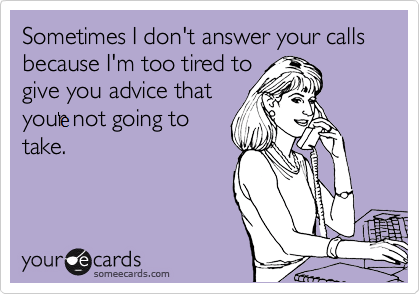 In Seattle, if you’re a person of color and you walk down a dark alley late at night and you feel like you’re being followed, it’s probably someone trying to do some community engagement: “Psst…hey buddy—Go Hawks!—you want to attend a summit? It’s about economic inequity. We need your voice.” “Daddy, I’m scared!” “Stay calm, Timmy; don’t look him in the eye.” “Come on, help a guy out! Here, you each get some compostable sticky dots to vote on our top three priorities! You can vote on different priorities, or, if you like, you put more than one dot on—” “Run, Timmy!”
In Seattle, if you’re a person of color and you walk down a dark alley late at night and you feel like you’re being followed, it’s probably someone trying to do some community engagement: “Psst…hey buddy—Go Hawks!—you want to attend a summit? It’s about economic inequity. We need your voice.” “Daddy, I’m scared!” “Stay calm, Timmy; don’t look him in the eye.” “Come on, help a guy out! Here, you each get some compostable sticky dots to vote on our top three priorities! You can vote on different priorities, or, if you like, you put more than one dot on—” “Run, Timmy!”
This is why you should never take your kid down a dark alley in Seattle.
A while ago I was talking to a friend (another Executive Director, since all my regular friends have abandoned me because I make jokes about compostable sticky dots), and he said, “Have you noticed that everyone is getting paid to engage us communities of color except us communities of color?”
Sigh. Yes, I have noticed. I’ve been thinking a lot about this, and have come up with a term to describe it: Trickle-Down Community Engagement (TDCE). This is when we bypass the people who are most affected by issues, engage and fund larger organizations to tackle these issues, and hope that miraculously the people most affected will help out in the effort, usually for free. Continue reading “Are you or your org guilty of Trickle-Down Community Engagement?”





